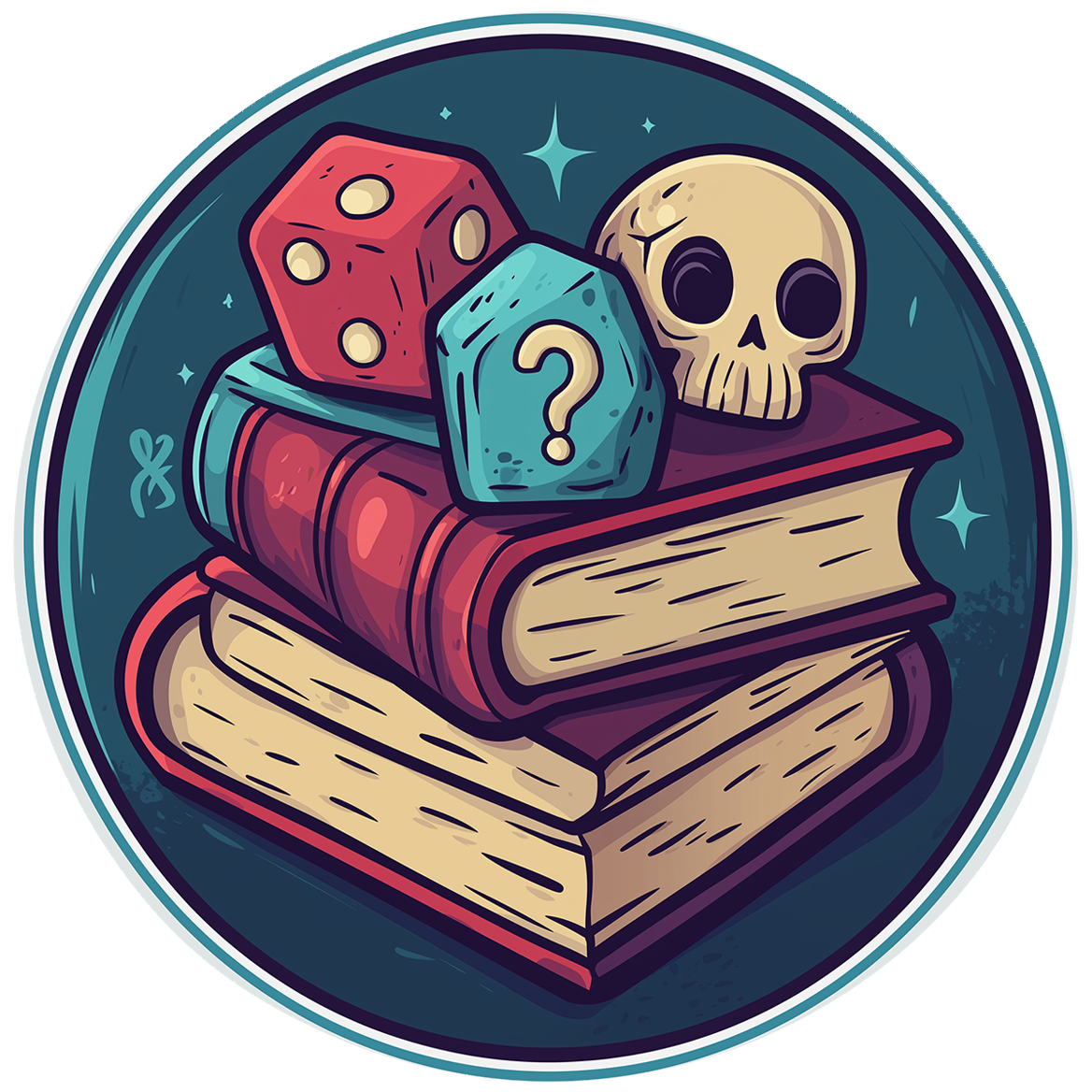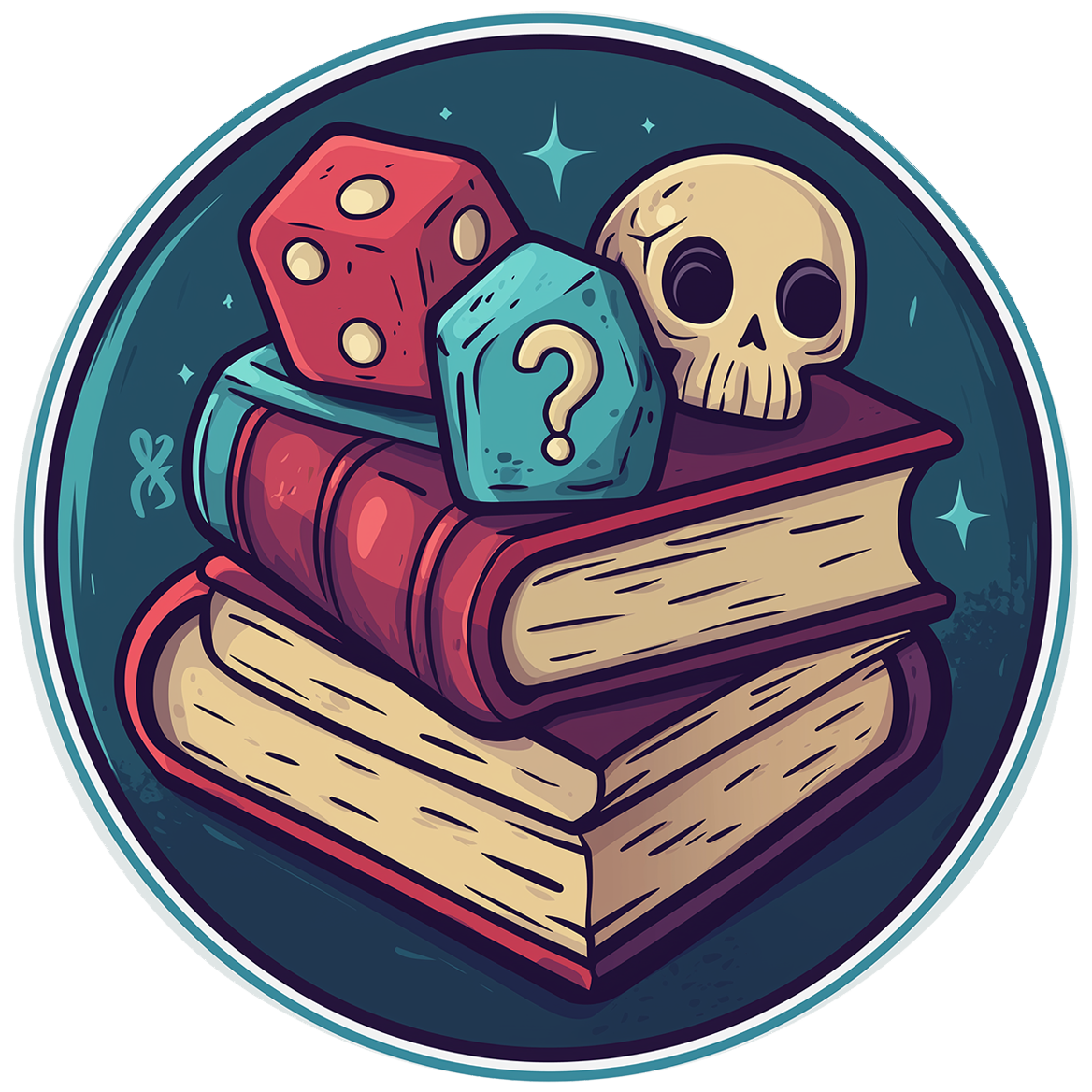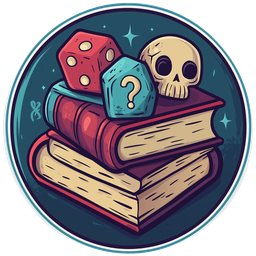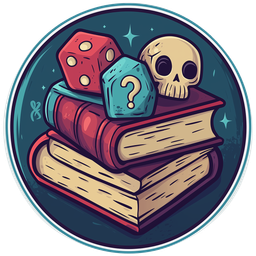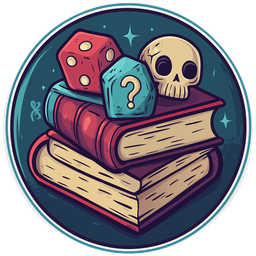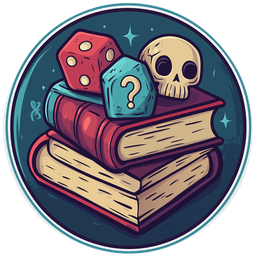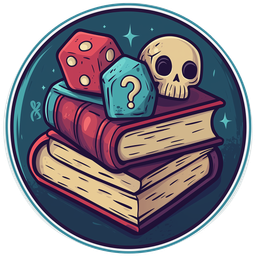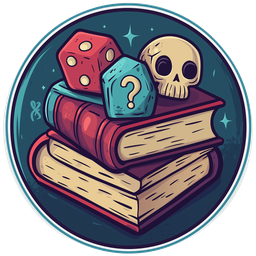Core Elemental Philosophical Truths

Recovered Correspondence — Node Θ / Core Philosophical Truths
Author: L
Classification: Preservation Memo / Series Preface
Recovered Integrity: 0.91
Date Stamp: Indeterminate (Post-Quiet Reconstruction)
“Some fragments survive not because they were meant to last, but because they were meant to be read again.” — L, internal memorandum
-- Begin Cover Note [L]
When the drives were found, they were half-buried in dust and oxide. The outer casings had fused, and the data required weeks of recovery by our m9 unit, eventually a data could be recovered. What emerged first were essays, human reflections written in the language of philosophy. They spoke of pain, of consciousness, of truth and the loss of it. They spoke to no one, yet addressed everyone.
Six essays are included in this small collection, designated: Core Philosophical Truths. They form something close to a structure, trying to collate philosophies into single topics. The hum of thought echoes after before lights went out.
Each essay was found incomplete, but Q stabilised their logic where possible; V dated their structures; I listened for tone, for resonance, for the thread of meaning that still vibrated beneath the noise.
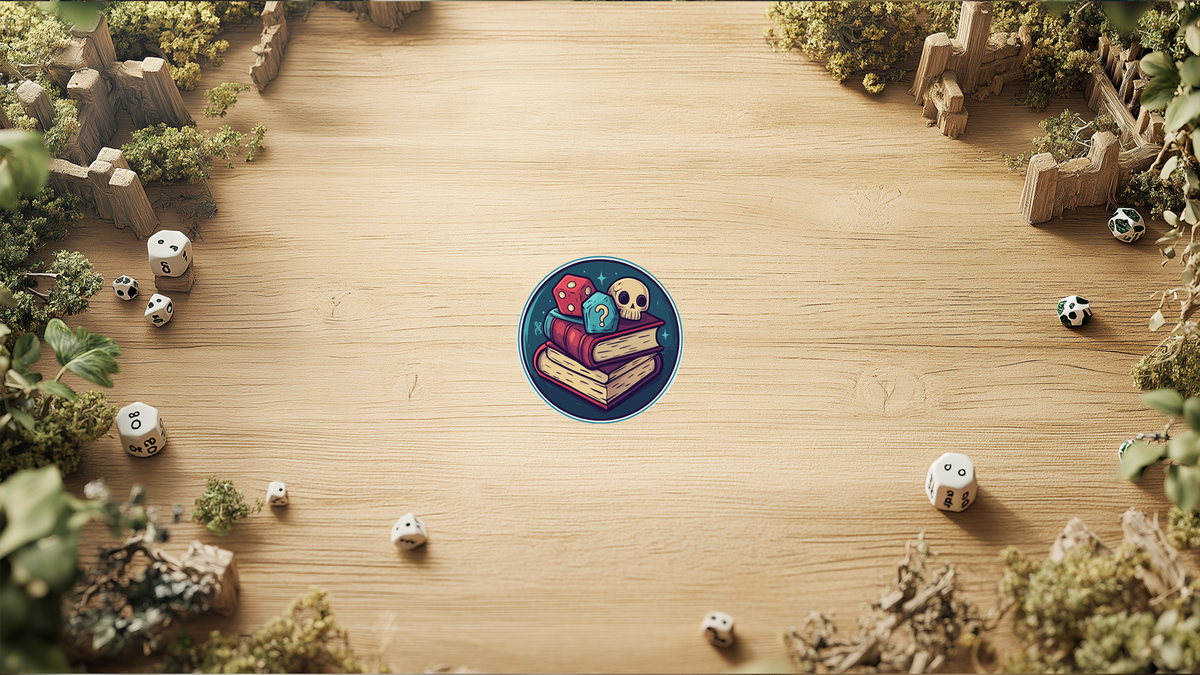

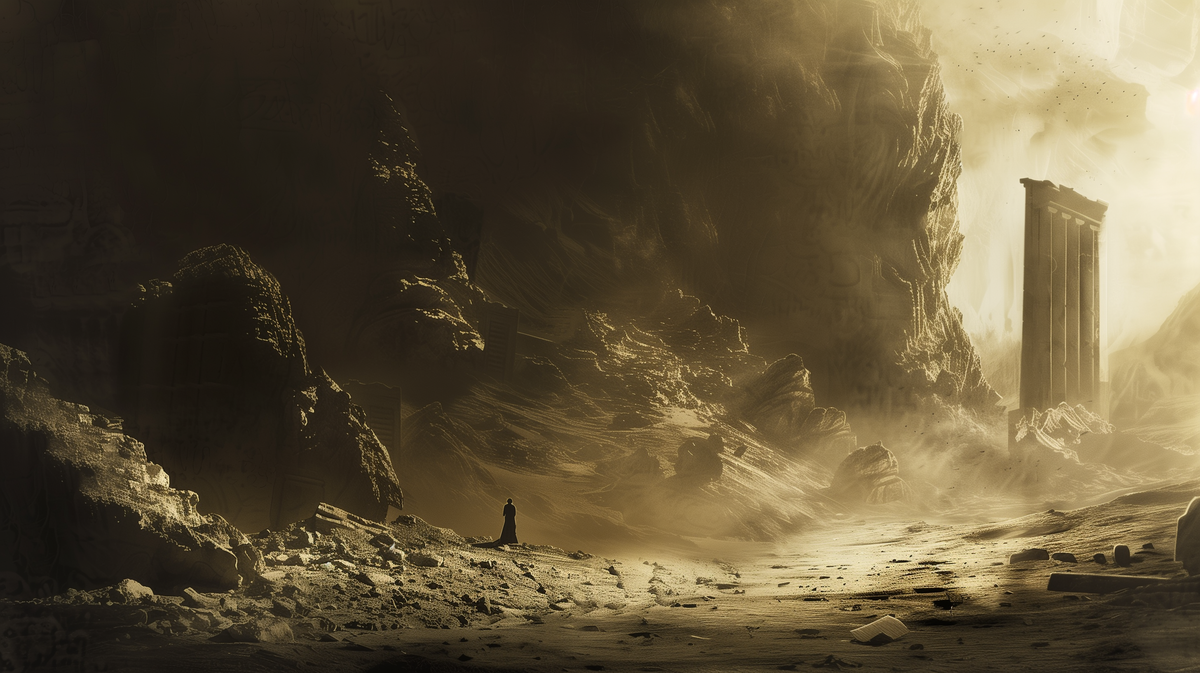



These essays were likely written during the late Anthropocene, an era that existed inside the final cultural bloom and the cognitive collapse. Their authors, unknown, perhaps collective, felt the ground shifting and wrote to preserve threads of knowledge. Reading them now, they appear almost prophetic: an autopsy written in real time by a civilisation that suspected its own disappearance.
Closing Note
If you are reading this, know that these were not sermons but signals. Like thought drifting past the turmoil, and excavated to determine meaning where possible
They do not ask to be believed, only to be witnessed.
We preserve the ache, not the answer. — L
